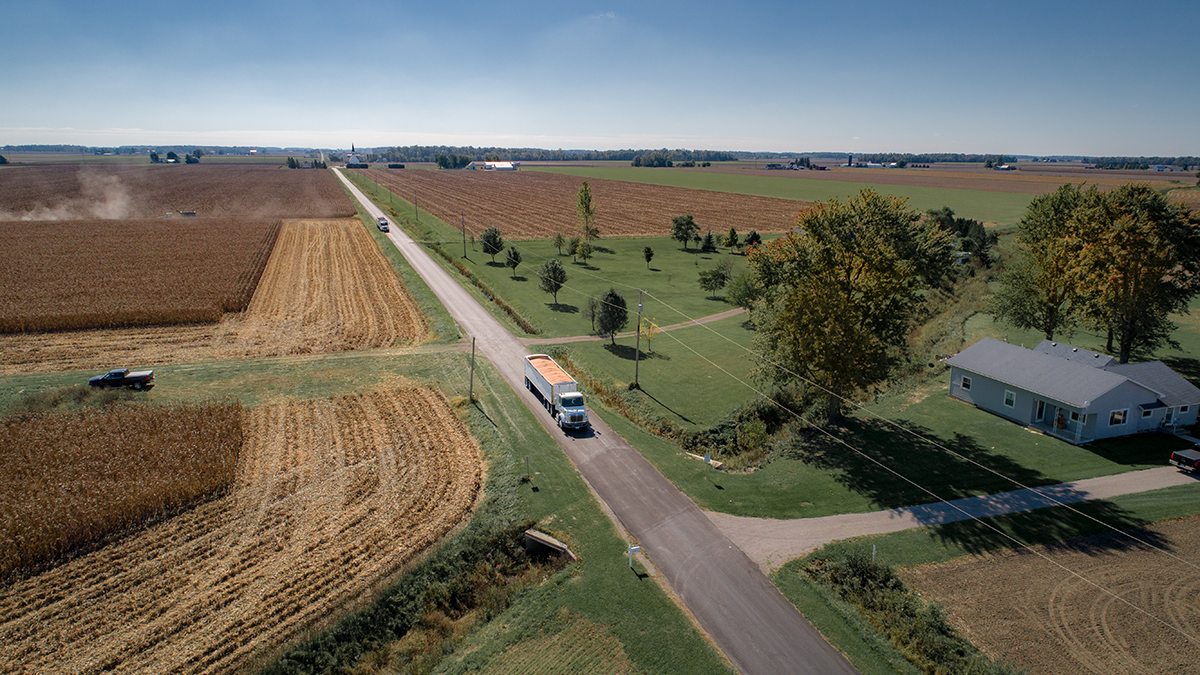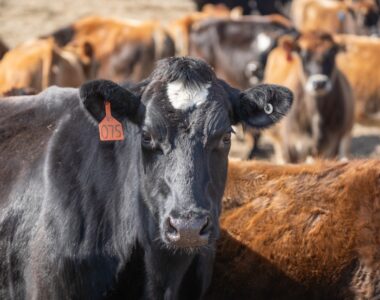
What We Know
The U.S. Department of Agriculture (USDA) and the Department of Justice (DOJ) have announced a joint investigation into rising farm input costs. Farmers across the country have struggled with skyrocketing prices for fertilizer, seed, equipment, and fuel, even as commodity prices remain volatile. On September 25, the two agencies signed a memorandum of understanding (MOU) to share data, monitor market behavior, and determine whether anti-competitive practices are driving up costs unfairly.
This collaboration marks one of the strongest federal responses yet to complaints from farmers who say input costs have risen faster than revenues. The investigation could set the stage for reforms aimed at increasing transparency and restoring competition in agricultural markets.
Why Farmers Feel the Strain
Farmers have consistently flagged rising farm input costs as one of their biggest challenges. Fertilizer prices surged after the Russia-Ukraine war disrupted global supply chains. Machinery manufacturers raised equipment costs due to supply shortages, but those prices have not fallen back to pre-pandemic levels. Meanwhile, seed companies remain highly consolidated, leaving farmers with few alternatives and limited bargaining power.
For many producers, especially small and mid-sized operations, the combination of high input costs and lower crop prices has cut deeply into margins. Some farmers have delayed equipment upgrades, cut back on fertilizer, or even scaled down planting to avoid losses.
What the Investigation Could Deliver
By digging into how markets function, USDA and DOJ hope to determine whether companies in the seed, fertilizer, and equipment sectors are inflating costs through unfair practices. If they uncover wrongdoing, regulators could pursue antitrust enforcement or require more competitive structures. Even without legal action, the investigation itself sends a message that federal agencies intend to protect producers from unchecked cost inflation.
Why It Matters
The focus on rising farm input costs has broad implications. Farmers need affordable inputs to remain competitive, reinvest in their land, and support rural communities. Every dollar lost to inflated seed, fuel, or fertilizer prices reduces the money that could otherwise flow into local economies.
By tackling this issue, USDA and DOJ aim to give farmers a fairer shot at profitability and long-term sustainability. If successful, the investigation could help ease one of the biggest financial burdens producers face today.
Source: Iowa Agribusiness Radio Network



